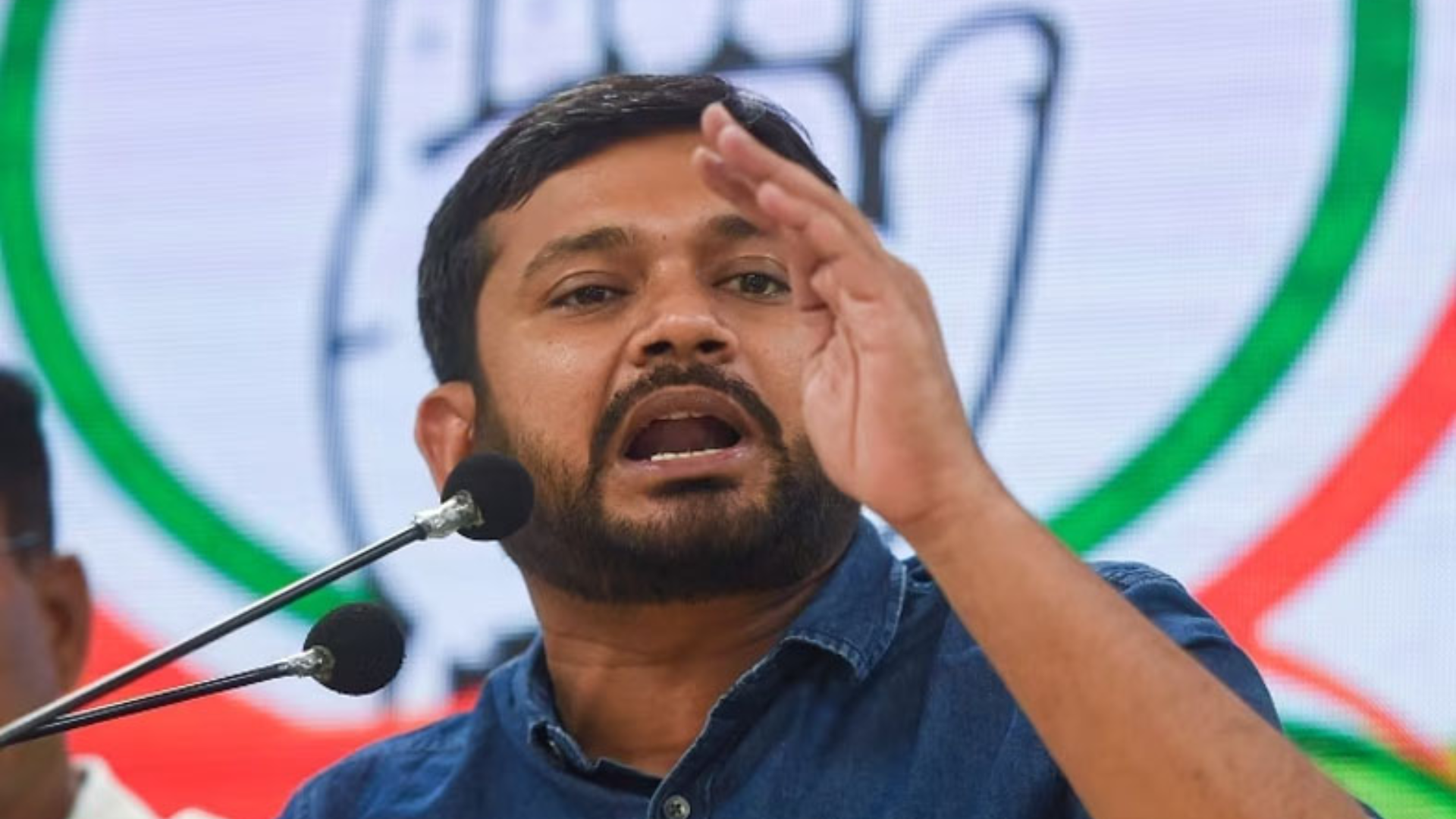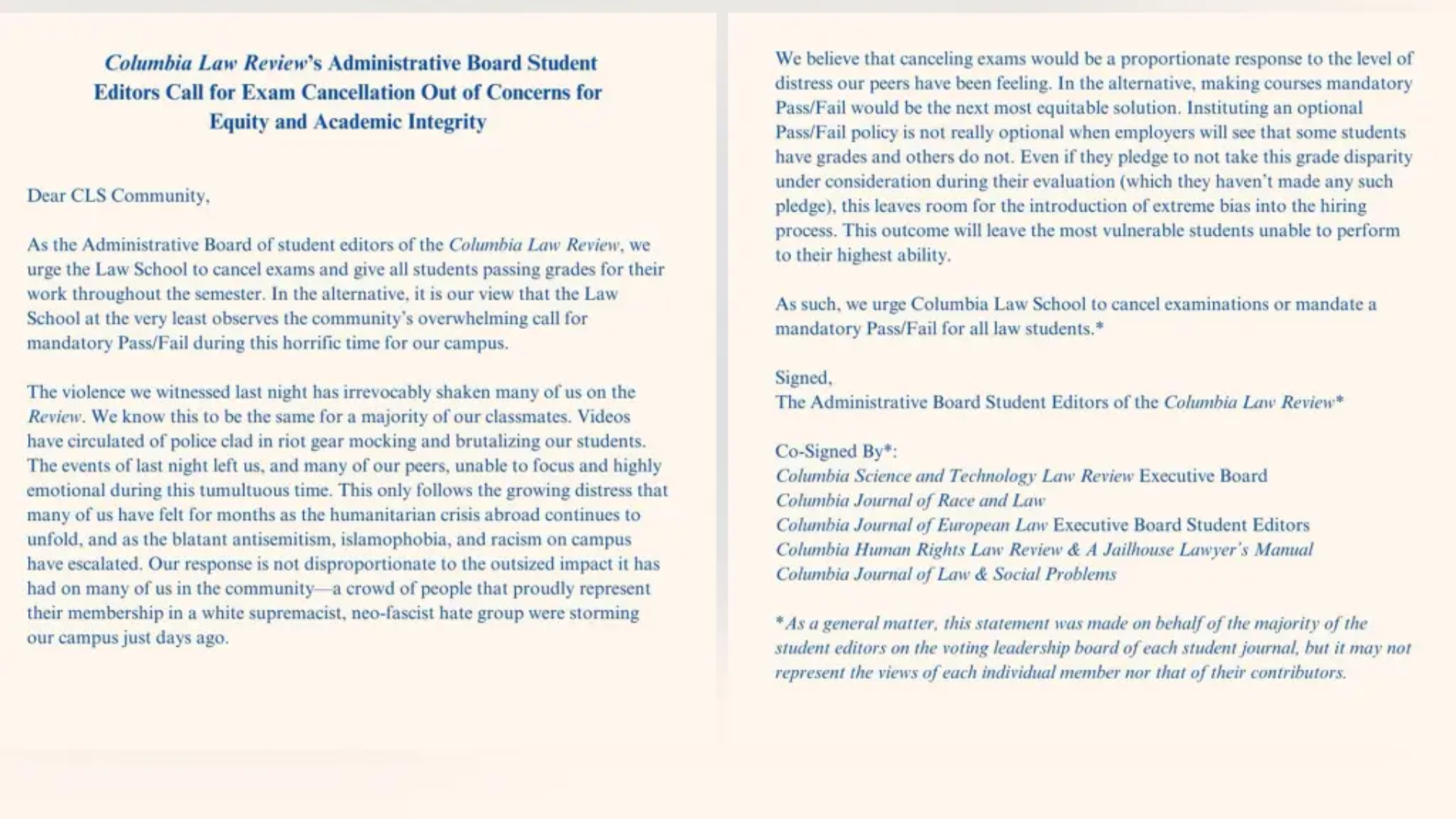


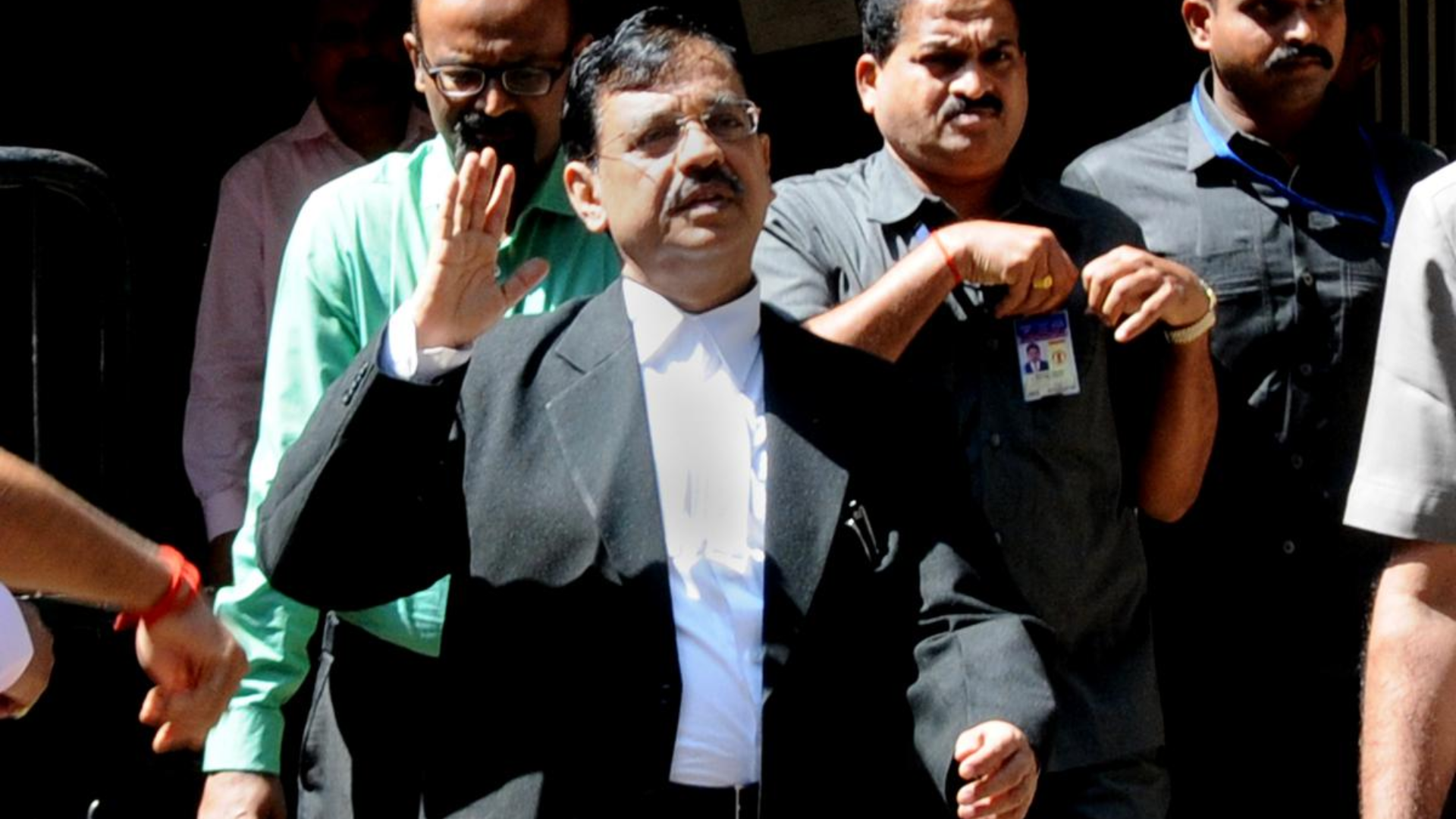
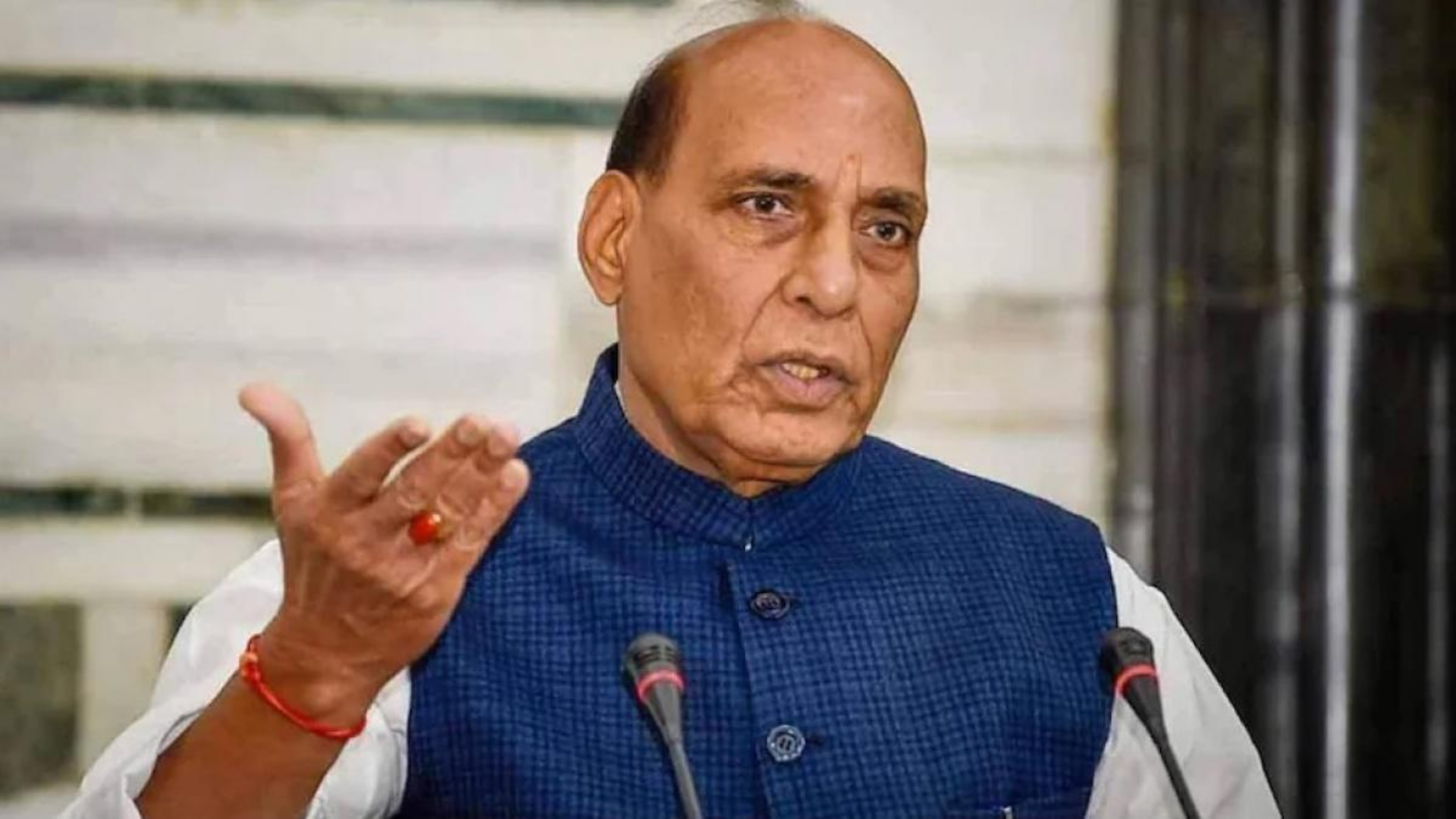

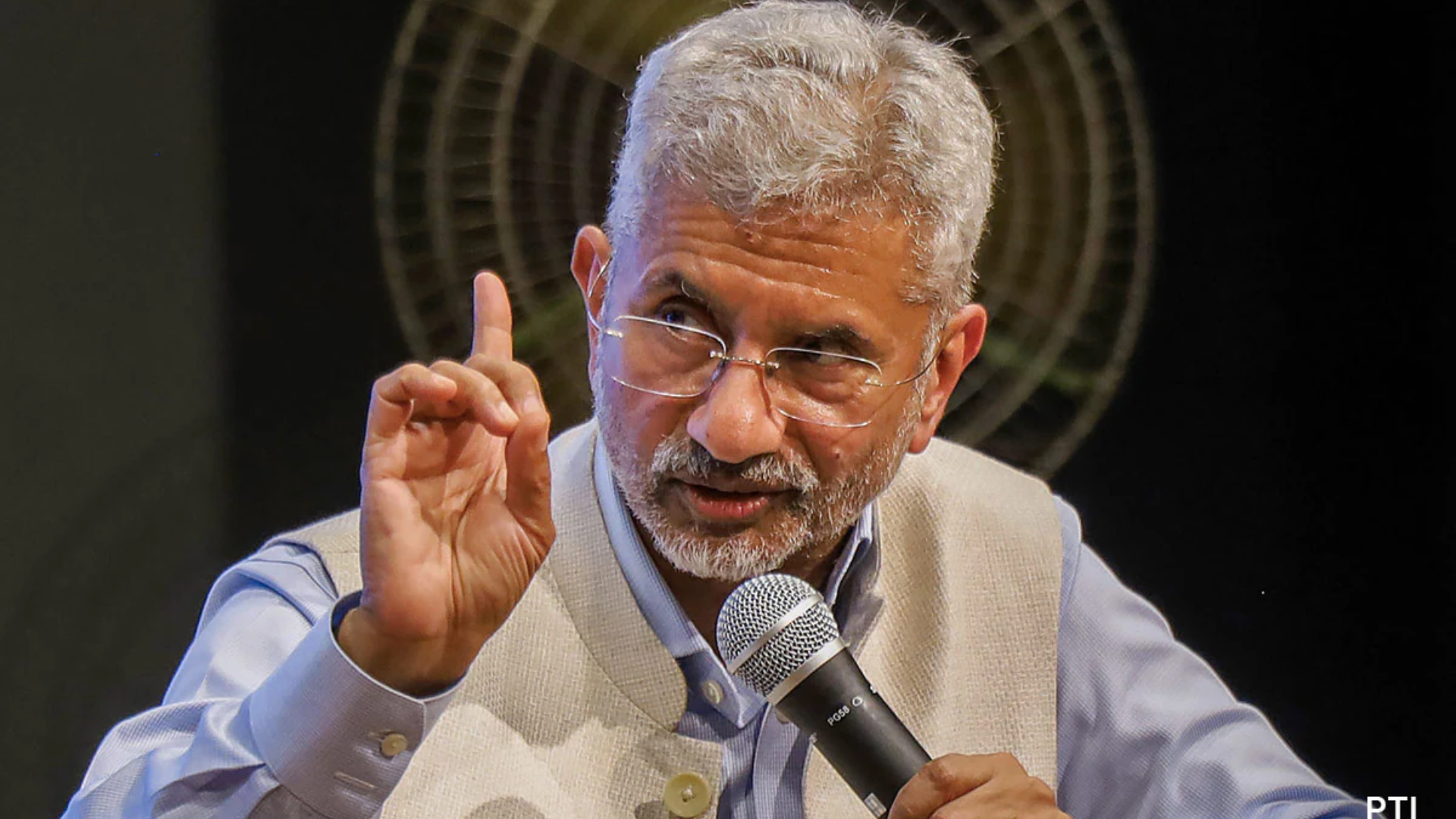


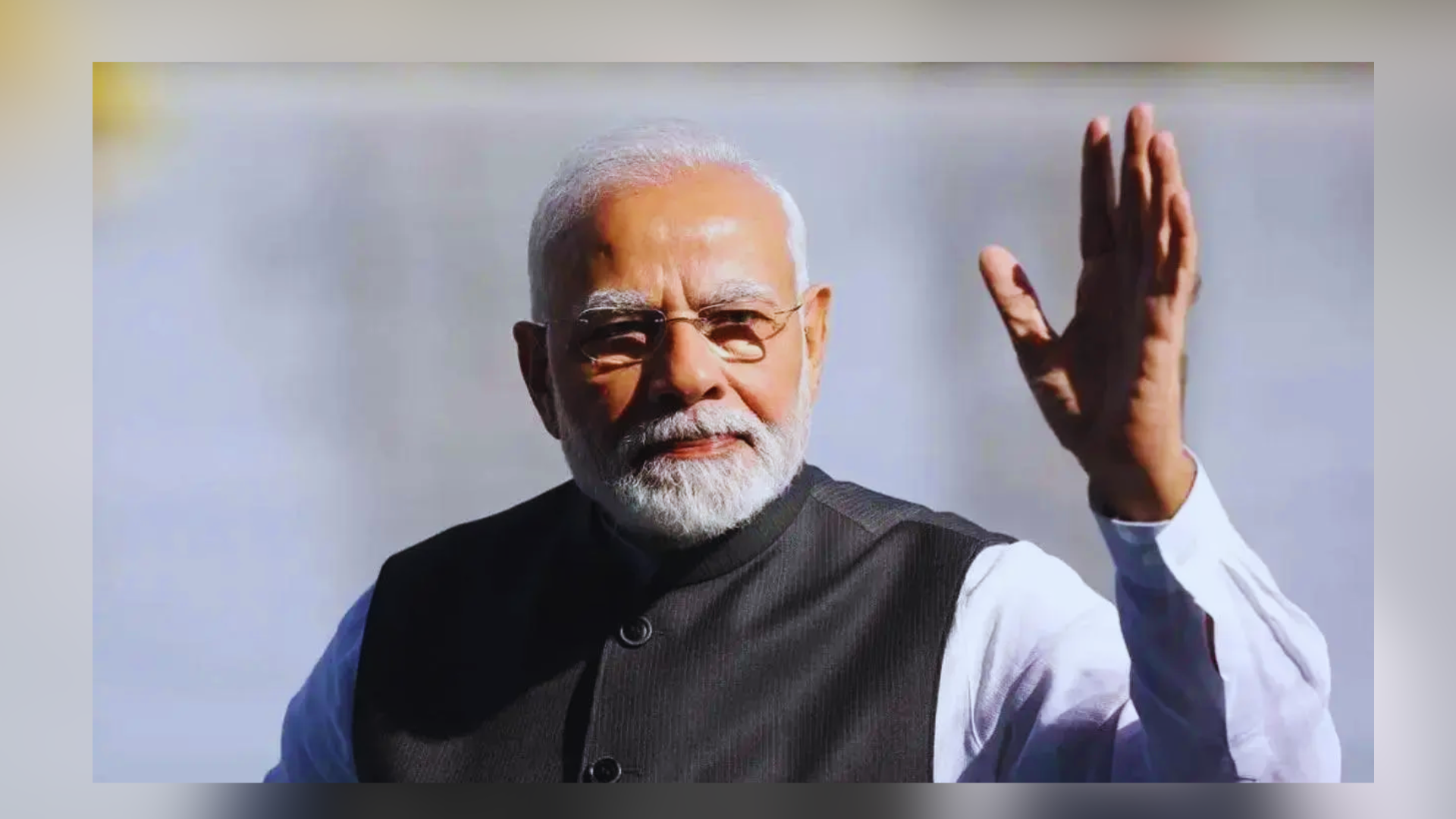
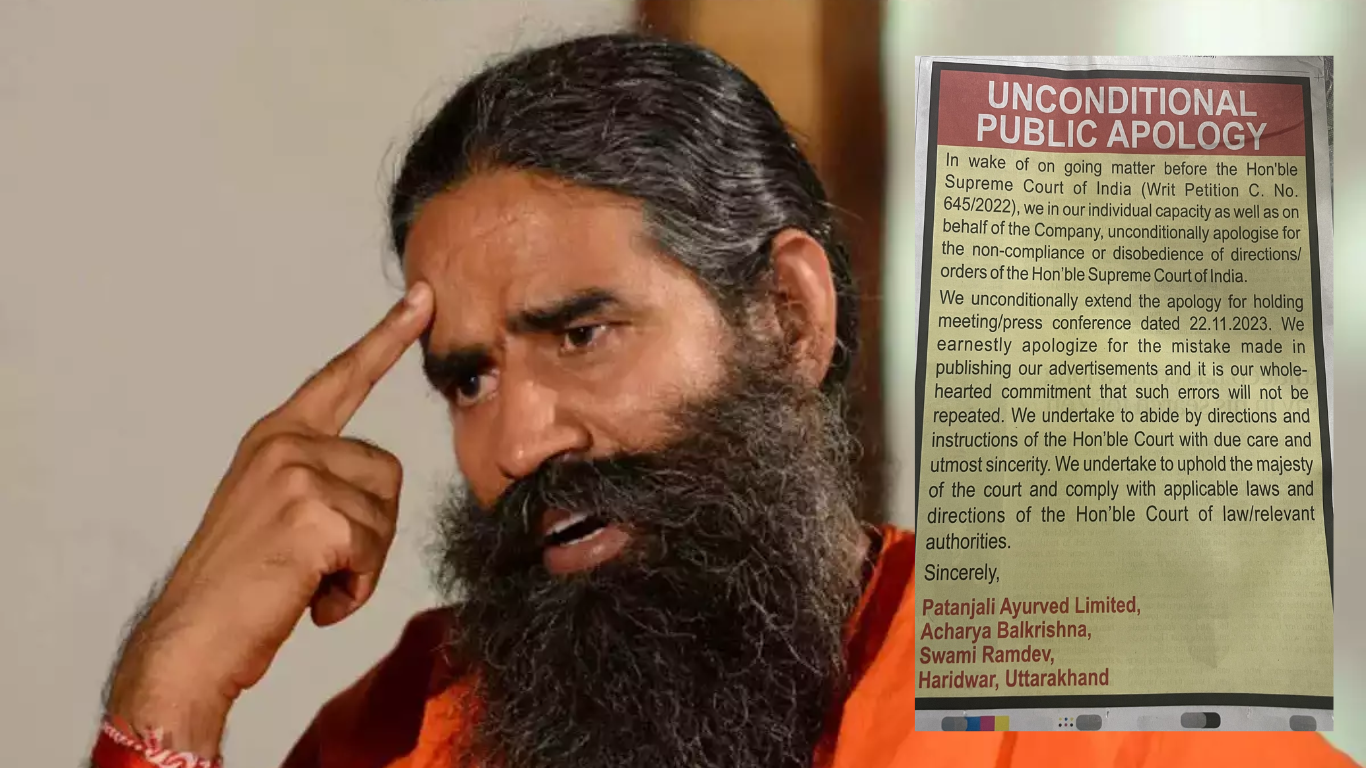
The Supreme Court, on Tuesday (April 23), confronted Patanjali Ayurved with a pointed question: Was their public apology, splashed across newspapers the day before, as grand as their usual advertisements?
The inquiry came as the court deliberated a contempt case against Patanjali Ayurved, its Managing Director Acharya Balkrishna, and co-founder Baba Ramdev. These charges stemmed from allegedly misleading medical advertisements, a violation of an undertaking given to the Supreme Court last November.
In response to the court’s query, Patanjali’s lawyer, Senior Advocate Mukul Rohatgi, revealed that the apology spanned 67 newspapers, a significant expense. However, Justice Hima Kohli pressed further, questioning whether the apology matched the lavishness of their typical full-page ads.
Expressing skepticism, Justice Kohli demanded to see the actual size of the apology advertisements, admonishing Patanjali’s legal team for failing to produce them promptly.
The court, adjourning the hearing till April 30, not only sought to scrutinize the apology ads but also signaled a broader investigation into deceptive health claims by FMCG companies. To this end, it added the Ministry of Consumer Affairs and the Ministry of Information and Broadcasting as parties to the case.
Moreover, the bench sought clarification from the Union Government regarding a directive from the AYUSH Ministry, instructing states to refrain from taking action against AYUSH product advertisements.
Furthermore, the court addressed concerns about alleged unethical conduct by doctors, prompting the inclusion of the Indian Medical Association as a party to the case.
This episode marked another twist in the ongoing legal saga involving Patanjali and its founders. Despite previous attempts at apology, the court remained vigilant, underscoring the need for accountability in advertising practices, especially in the realm of health claims.

